
This post is part of Long and Short Reviews’ Winter Blogfest. Leave a comment for a chance to win one ebook copy of The Secret Benefits of Invisbility.
The Perks of Writing Holiday Stories by C.W. Allen
 Christmas in my home means a lot of things. It means dusting off the decorations I put away in January, taking a moment to admire each one and perhaps reminisce about the person who made or gifted it before finding a place to display it for the season. It means digging out stained and splattered recipe cards, coating the kitchen with flour in pursuit of familiar flavors—gingerbread and spiced cranberry and peppermint. And the celebrations of the season wouldn’t be complete without pulling old friends off the bookshelf and getting reacquainted with Scrooge and Marley, Saint Nicholas, and of course those incorrigible Herdman children.
Christmas in my home means a lot of things. It means dusting off the decorations I put away in January, taking a moment to admire each one and perhaps reminisce about the person who made or gifted it before finding a place to display it for the season. It means digging out stained and splattered recipe cards, coating the kitchen with flour in pursuit of familiar flavors—gingerbread and spiced cranberry and peppermint. And the celebrations of the season wouldn’t be complete without pulling old friends off the bookshelf and getting reacquainted with Scrooge and Marley, Saint Nicholas, and of course those incorrigible Herdman children.
In short, holidays are about tradition. And that’s exactly why you should consider adding a holiday story to your writing lineup. Whether it’s Halloween or Hanukkah, Thanksgiving or Talk Like A Pirate Day, including holidays in your writing can earn your story a treasured place in your readers’ seasonal routines.
One of the most famous holiday stories is A Christmas Carol. Even if you don’t celebrate Christmas, you are undoubtedly familiar with the miserly old grump’s supernatural stroll through his memories in search of a change of heart. The word “scrooge” doesn’t even belong solely to the character anymore, but to every penny-pinching misanthrope, just like every lip balm is called chapstick. It’s like the old saying goes: you either die a hero, or live long enough to become a generic noun.
You’d think a story with such universal appeal must have launched with a multi-bajillion dollar ad campaign and the backing of a powerful publishing tycoon, but no—after his usual publisher rejected it, Charles Dickens decided to self-publish the book. It was released just ten days before Christmas, and yet the initial print run sold out well before the holiday arrived. You don’t need any gatekeeper’s approval to send a great story out into the world. And a great holiday story will inspire its readers to come home to your words year after year.
Of course it may be a tad ambitious to aspire to A Christmas Carol’s level of readership and cultural impact. The other benefit of holiday stories takes just the opposite path, in fact—finding an unexplored niche. If the holidays that capture your heart are not of the over-commercialized variety, you may be able to remedy a serious lack of representation in the market. And by speaking to people who feel the same way, you can cultivate a loyal and enthusiastic readership. (Believe it or not, one of my favorite books includes a chapter about Arbor Day.) So if you want to add some literary traditions to your Ramadan, Holi, Purim, Winter Solstice, or Pi(e) Day celebrations and find your options lacking, maybe it’s time to write the stories you want to see in the world.
“Snowflakes the size of baseballs were falling outside, which was ironic, since baseball didn’t exist anymore.”
For Zed and Tuesday, adjusting to life in modern-meets-medieval Falinnheim means normal is relative. Lots of kids deal with moving, starting new schools, and doing chores. But normally, those schools aren’t in underground bunkers full of secret agents, and the chore list doesn’t involve herding dodos. The one thing that hasn’t changed: all the adults treat them like they’re invisible.
When a security breach interrupts a school field trip, the siblings find themselves locked out of the Resistance base. With the adults trapped inside, it’s up to Tuesday, Zed, and their friends to save the day. And for once, being ignored and underestimated is coming in handy. After all, who would suspect a bunch of kids are capable of taking down the intruders that captured their families, let alone the murderous dictator that put them into hiding in the first place?
Turns out invisibility might just have its benefits.
C.W. Allen is a Nebraskan by birth, a Texan by experience, a Hoosier by marriage, and a Utahn by geography. She knew she wanted to be a writer the moment she read The Westing Game at age twelve, but took a few detours along the way as a veterinary nurse, an appliance repair secretary, and a homeschool parent. She writes long stories for children and short stories for former children. When she’s not writing, she helps other writers hone their craft as the President-Elect of the League of Utah Writers.
Her debut novel Relatively Normal Secrets is the winner of the Gold Quill award, being named the best children’s book of the year by a Utah author, and was NetGalley’s #1 children’s audiobook of 2022. The Falinnheim Chronicles series continues with The Secret Benefits of Invisibility (Cinnabar Moth, 2022) and Tales of the Forgotten Founders (Cinnabar Moth, 2023). She also has shorter work published in numerous anthologies. Keep up with her latest projects at cwallenbooks.com.
Buy the book at Amazon.

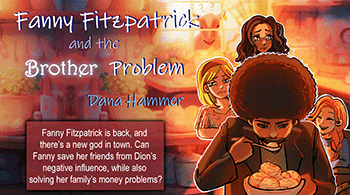
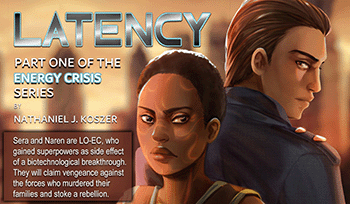

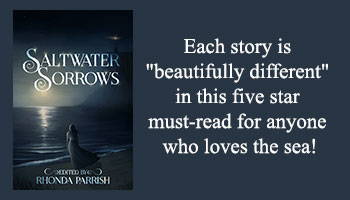






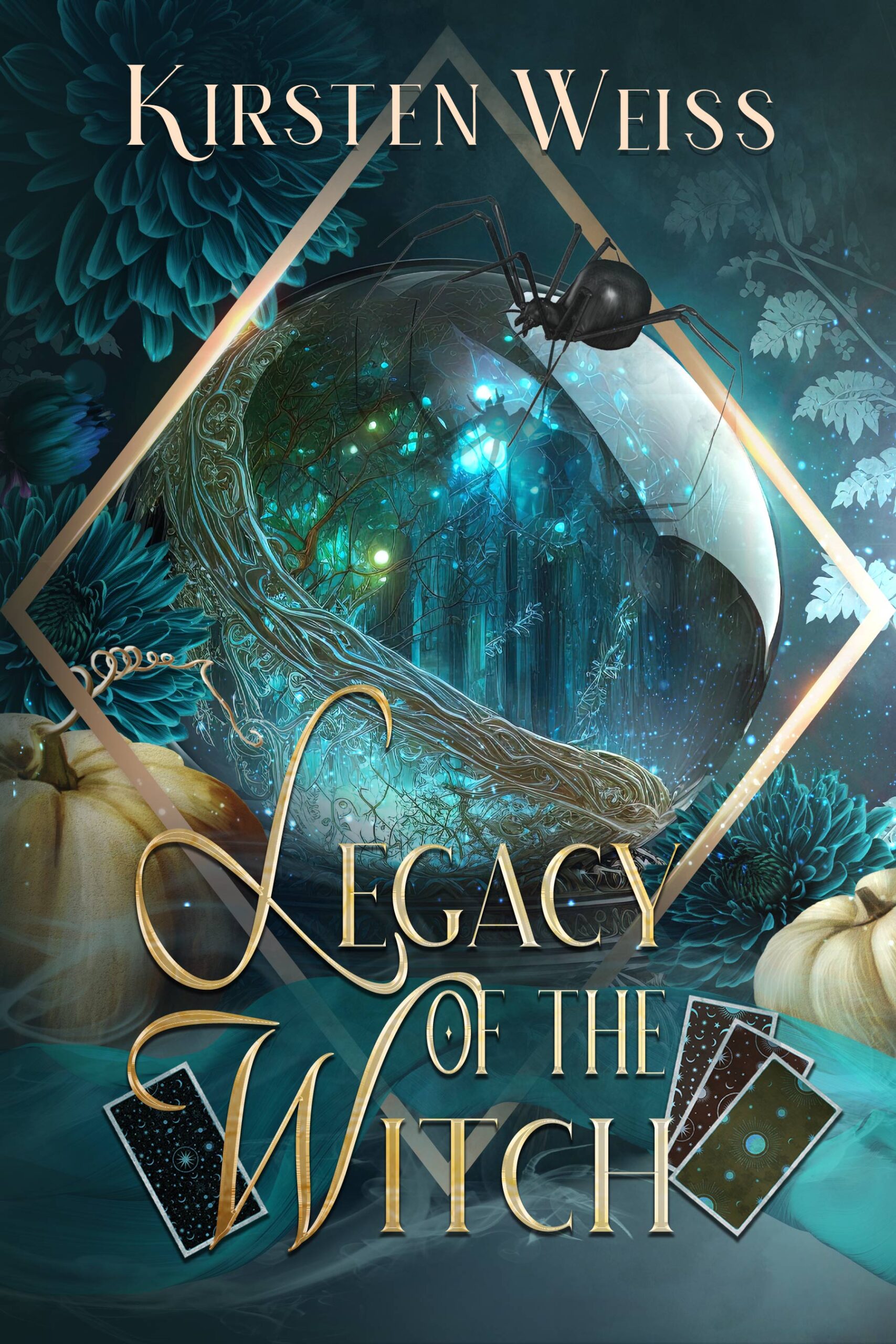
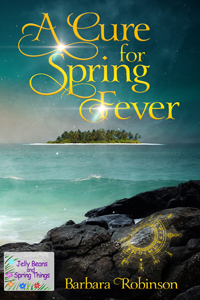
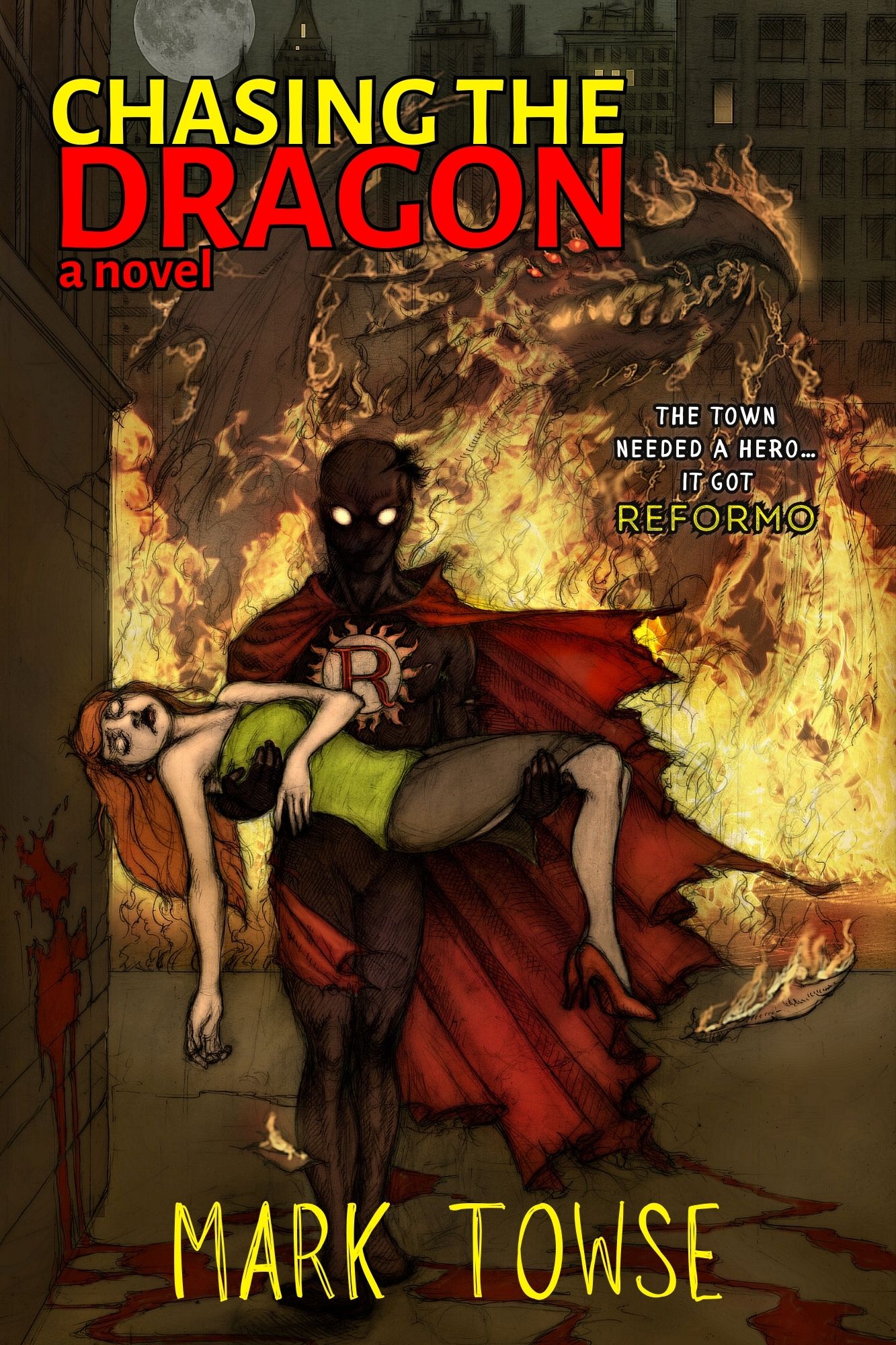
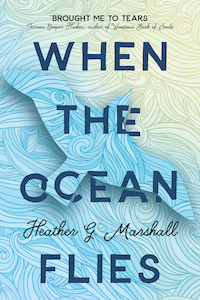




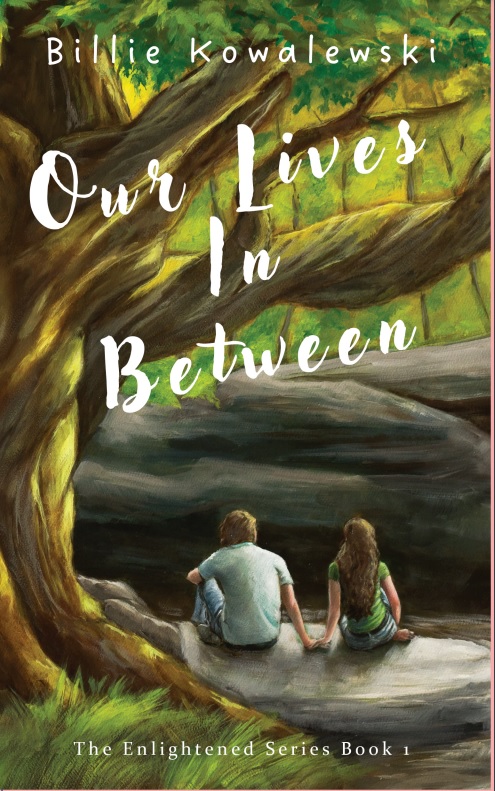
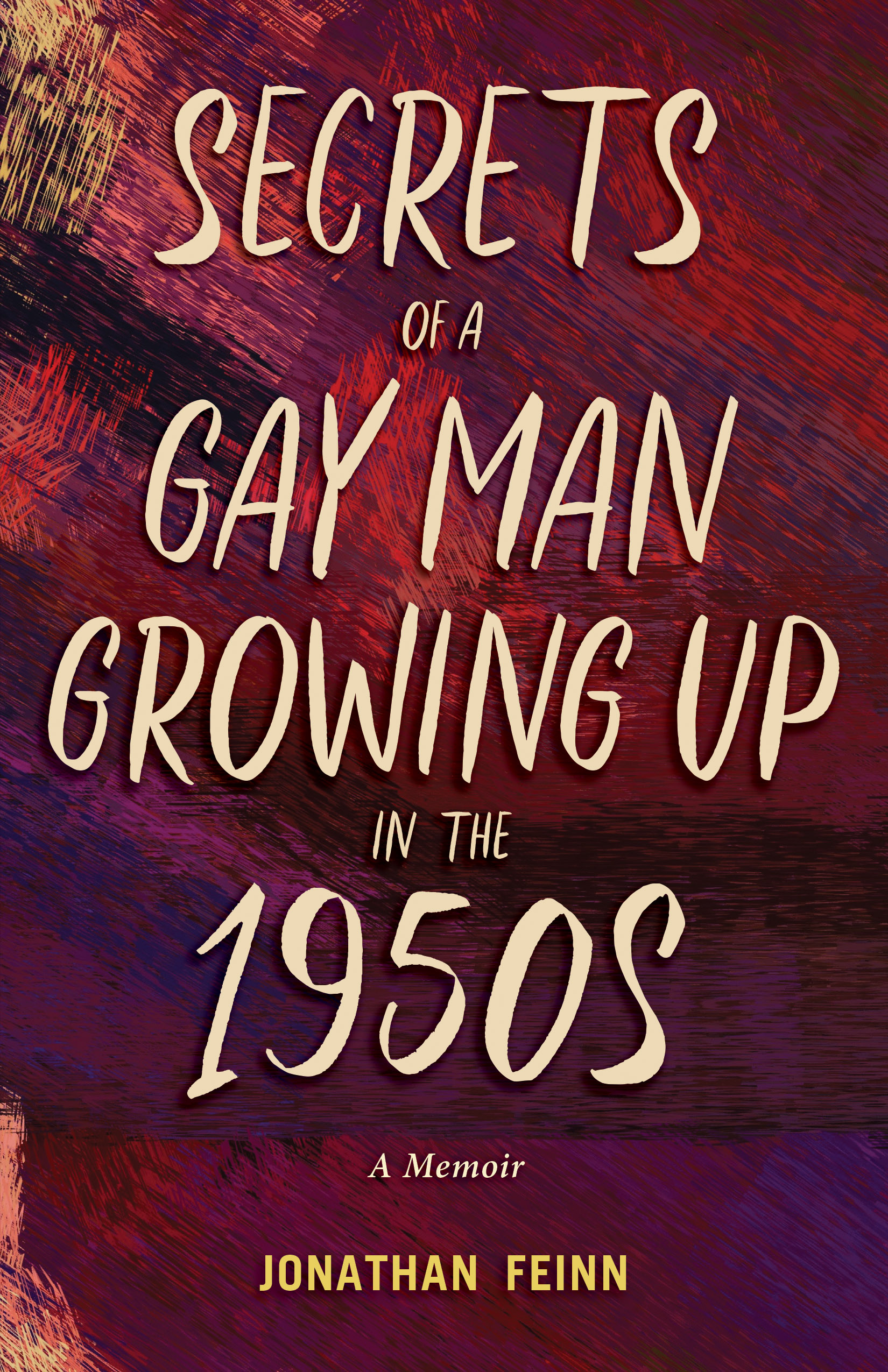



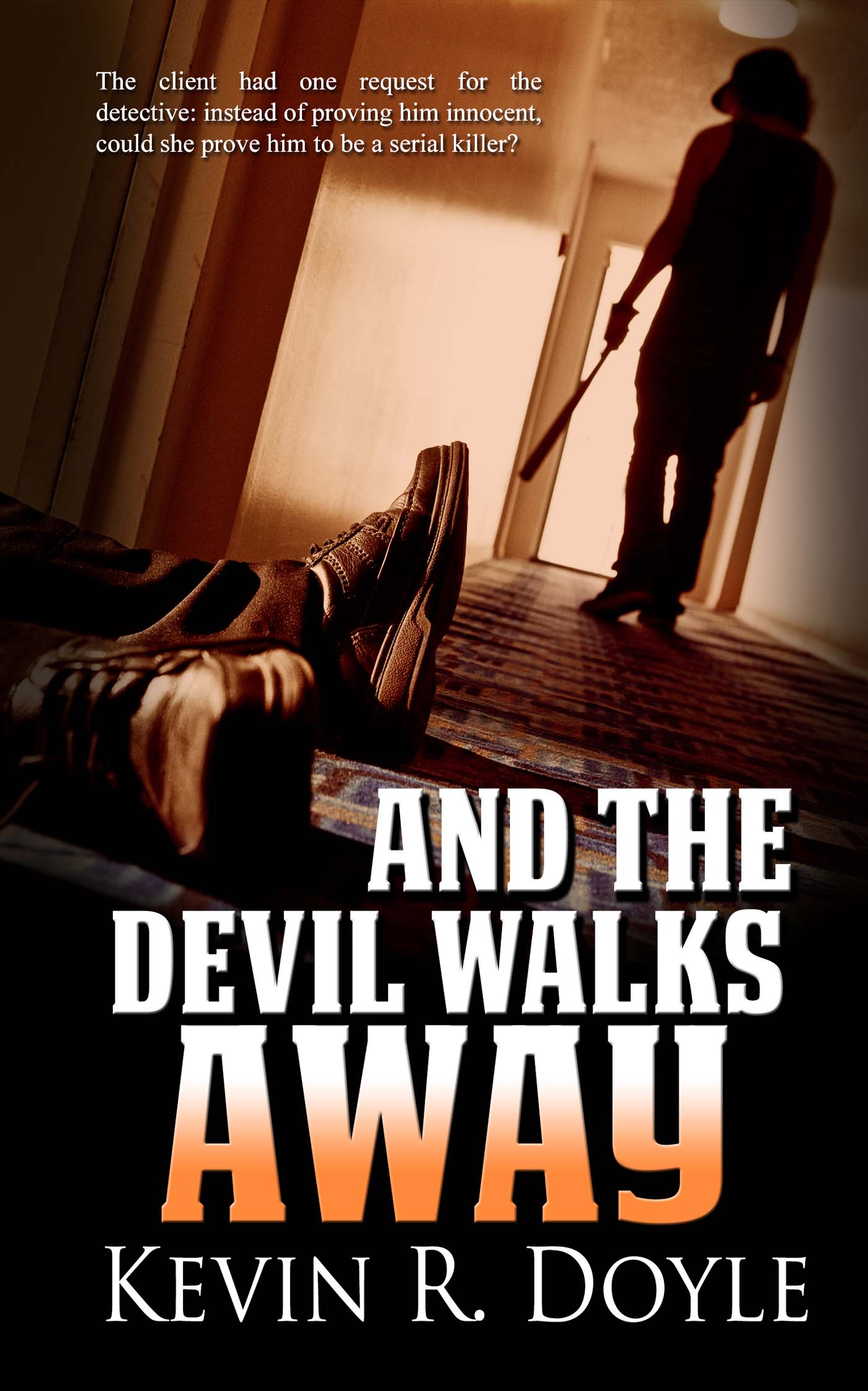

It amazes me that publishers rejected A Christmas Carol! Wow, they must have regretted that after it become so wildly popular.
They must have! If you’re interested in the story of how A Christmas Carol came to be, I recommend the movie The Man Who Invented Christmas. Not only does it have a lot of factual information about Dickens’ process, but it has a fantastic way of showing what it’s like to have an idea that won’t leave you alone — the characters follow him around and argue with him while he’s writing!
I’m adding it to my to-watch list now. How neat.